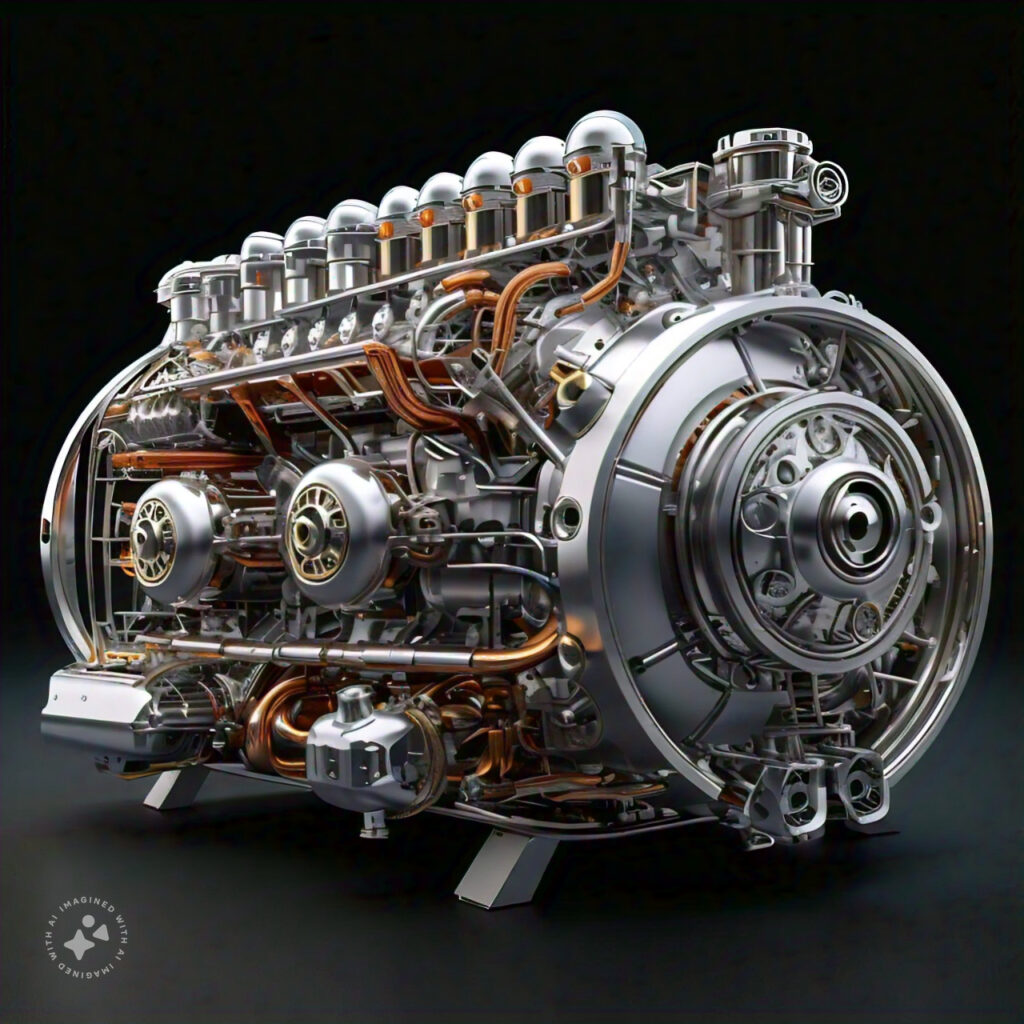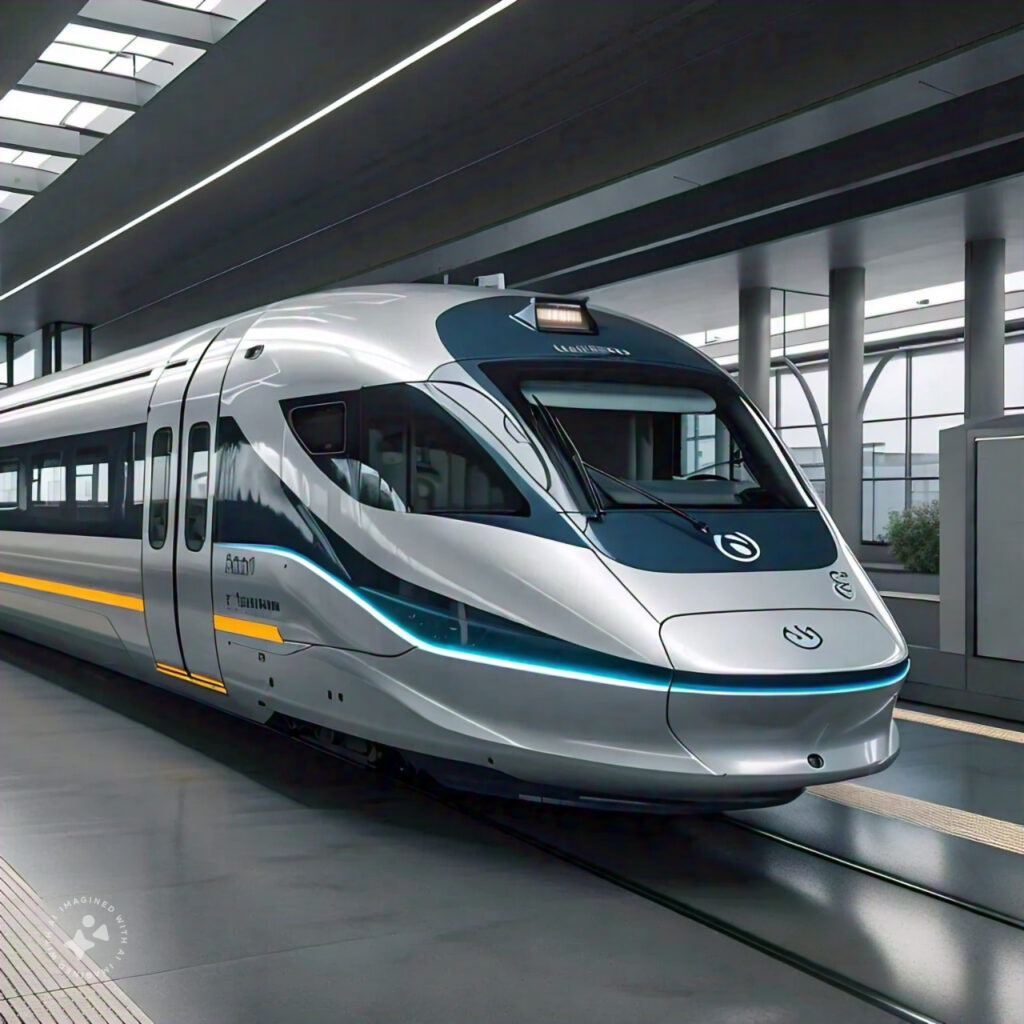India’s First Hydrogen Train Passes Crucial Fuel Cell Test

India’s Hydrogen Train: A Major Leap Towards Green Railways
In a significant step towards revolutionizing India’s rail transportation, the Research Designs & Standards Organisation (RDSO), the R&D arm of the Ministry of Railways, announced on August 29 that it has successfully completed the performance test of the fuel cell and battery systems for India’s first hydrogen train. This development is a crucial milestone in India’s journey towards adopting hydrogen as a clean energy source for railways, aligning with global efforts to reduce carbon emissions and transition to sustainable transportation solutions.
Key Milestone: Fuel Cell and Battery Testing
The recent test focused on the drive cycle simulation for the proposed Jind-Sonipat route, marking the successful conclusion of the stationary testing phase for the Driving Motor Coach subassemblies. The rigorous testing ensures that the hydrogen train’s fuel cell and battery systems are robust enough to meet the operational demands of this route, which is a part of the broader initiative to introduce hydrogen-powered trains in India.
The hydrogen train is not just a technological achievement but also a part of India’s broader strategy to promote greener and more sustainable rail transport. By using hydrogen fuel cells, these trains aim to reduce carbon emissions, improve energy efficiency, and provide a cleaner alternative to diesel-powered locomotives.
Railways’ Vision: 35 Hydrogen Trains by 2025
In a response to a Rajya Sabha question last year, Railway Minister Ashwini Vaishnaw outlined Indian Railways’ ambitious plan to introduce 35 hydrogen trains under the “Hydrogen for Heritage” initiative. Each train is estimated to cost approximately Rs 80 crore, with an additional Rs 70 crore required for ground infrastructure per route, particularly on heritage and hill routes.
The Indian Railways is also embarking on a pilot project to retrofit existing Diesel Electric Multiple Unit (DEMU) rakes with hydrogen fuel cells. This project, which has been awarded at a cost of Rs 111.83 crore, will initially be implemented on the Jind-Sonipat section of Northern Railway. The project is expected to serve as a model for future hydrogen train deployments across the country.
Hydrogen Trains: The Future of Indian Railways
The introduction of hydrogen trains is expected to have a transformative impact on the Indian Railways, particularly in terms of environmental sustainability. While the initial operational costs of hydrogen fuel trains are relatively high, they are anticipated to decrease as the technology matures and more trains are introduced into service. Hydrogen fuel, as a clean energy source, promises to significantly reduce carbon emissions, contributing to India’s goal of achieving zero-carbon emissions in the transportation sector.

Hydrogen trains also offer the advantage of reduced noise pollution and lower maintenance costs compared to traditional diesel locomotives. These benefits make them an attractive option for rail networks, especially in regions with stringent environmental regulations and a high focus on sustainability.
Global Context: India’s Role in the Hydrogen Economy
India’s move towards hydrogen-powered trains is in line with global trends where countries like Germany, Japan, and the United States are investing in hydrogen fuel cell technology for rail transport. By embracing hydrogen as a key component of its energy mix, India is positioning itself as a leader in the global hydrogen economy, which is expected to play a pivotal role in the transition to clean energy.
Looking Ahead: Challenges and Opportunities
Despite the promising outlook, the deployment of hydrogen trains in India faces challenges, including the high cost of hydrogen production and the need for extensive infrastructure development. However, with government support and advancements in technology, these challenges can be overcome, paving the way for a more sustainable and eco-friendly rail network.
The successful testing of the fuel cell and battery systems by RDSO is a testament to India’s commitment to innovation and sustainability in rail transport. As the project progresses, it will be closely watched by industry experts and policymakers worldwide, eager to see how India integrates hydrogen technology into its vast railway network.

Average Rating